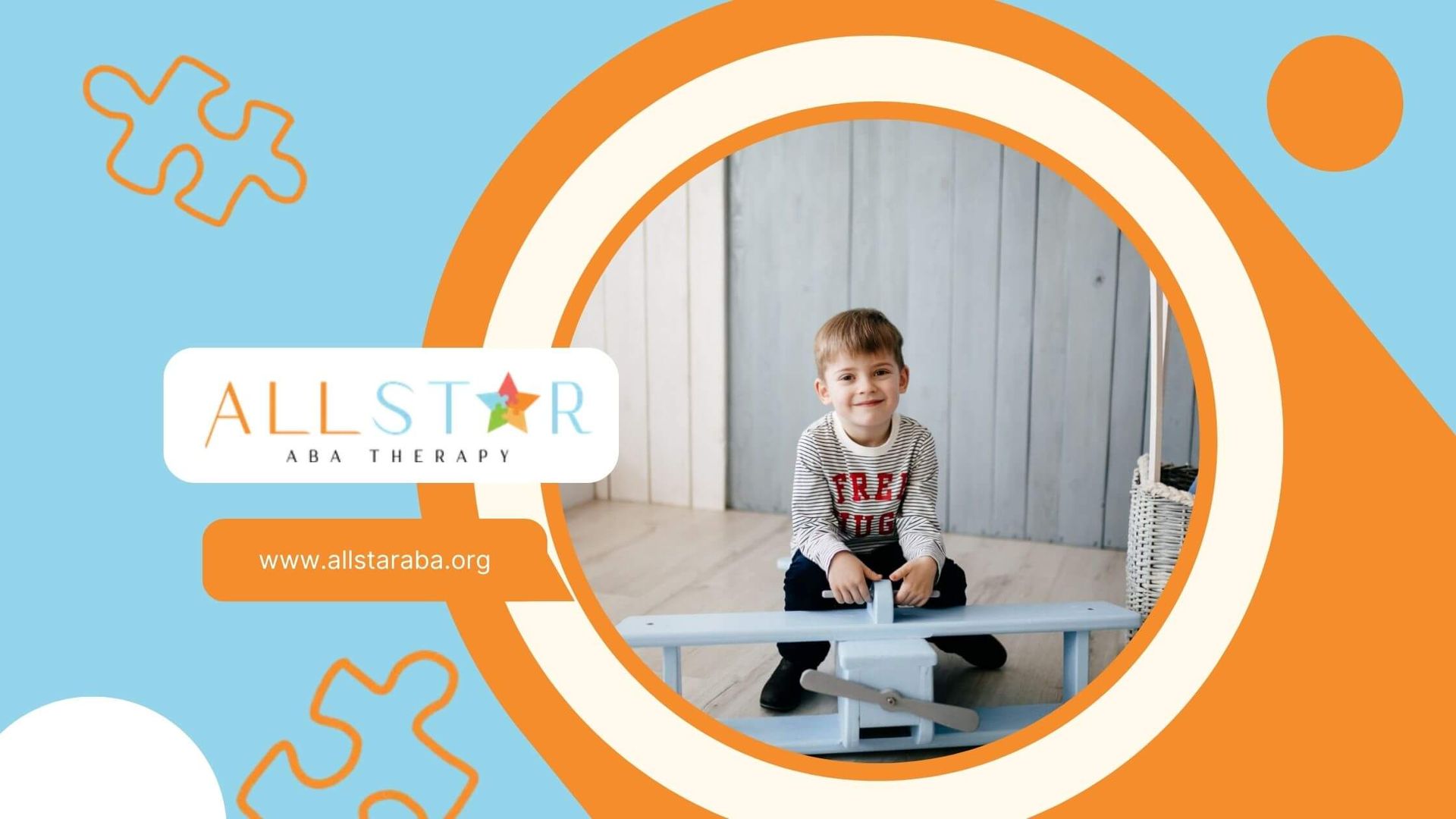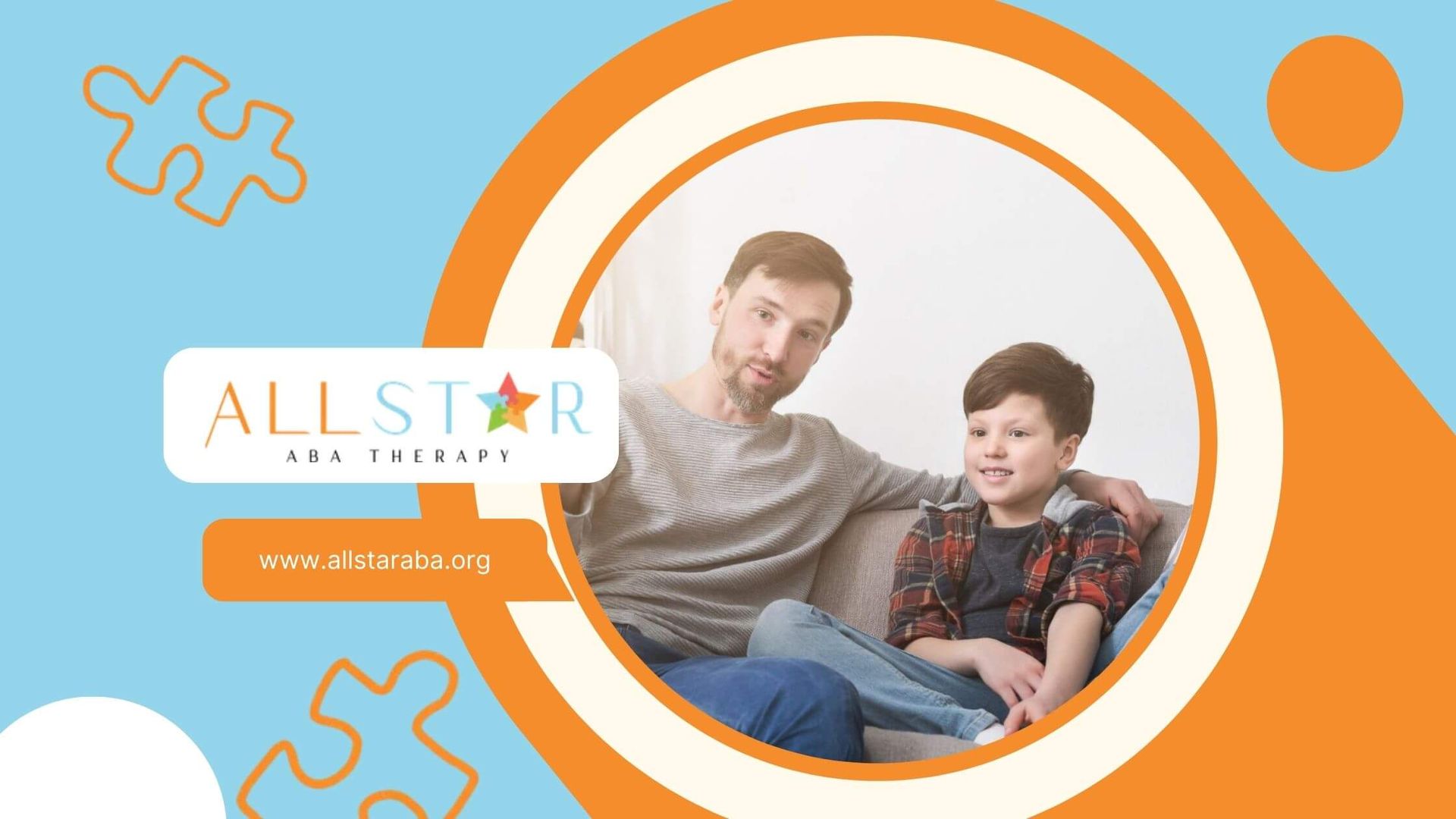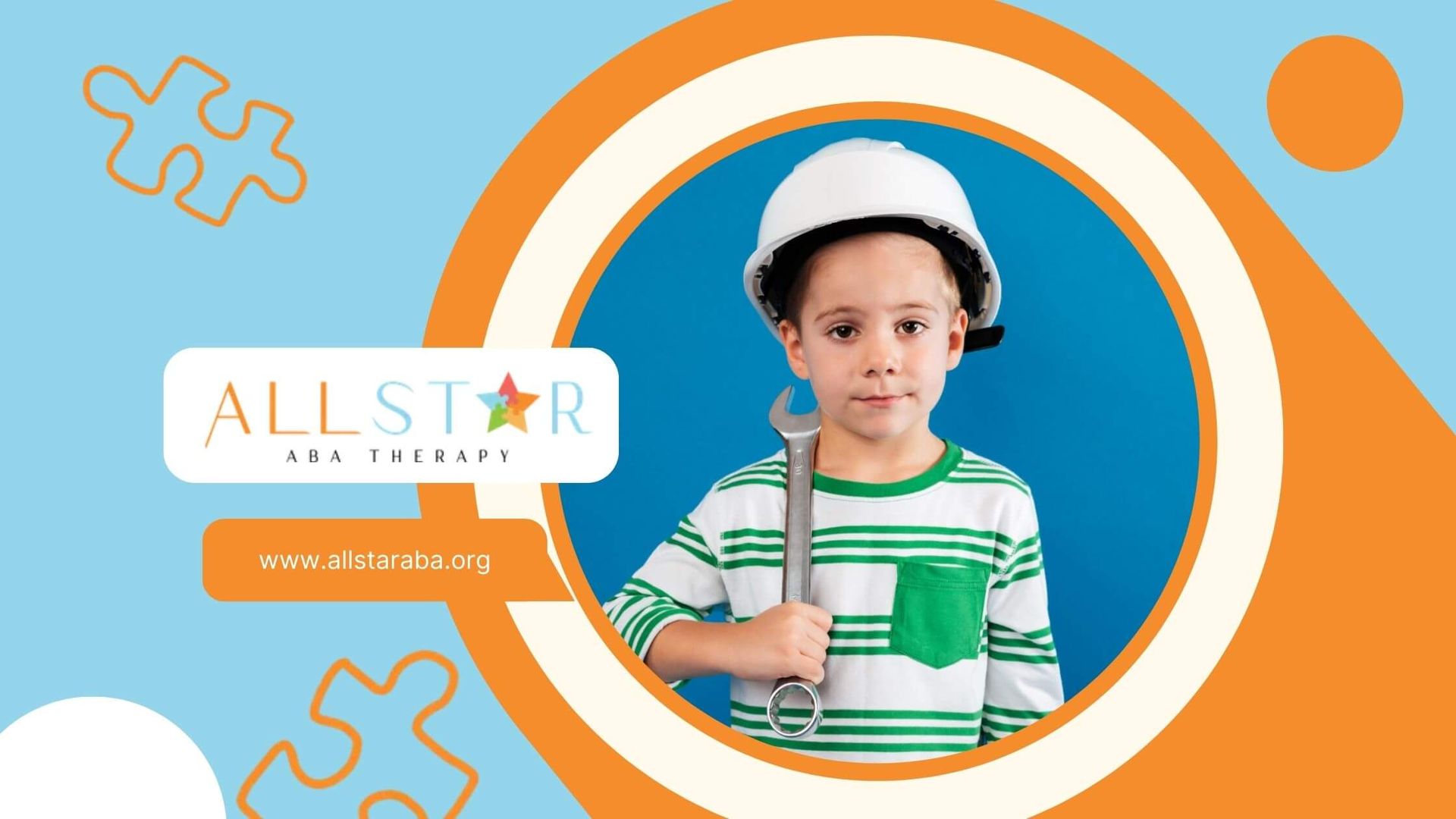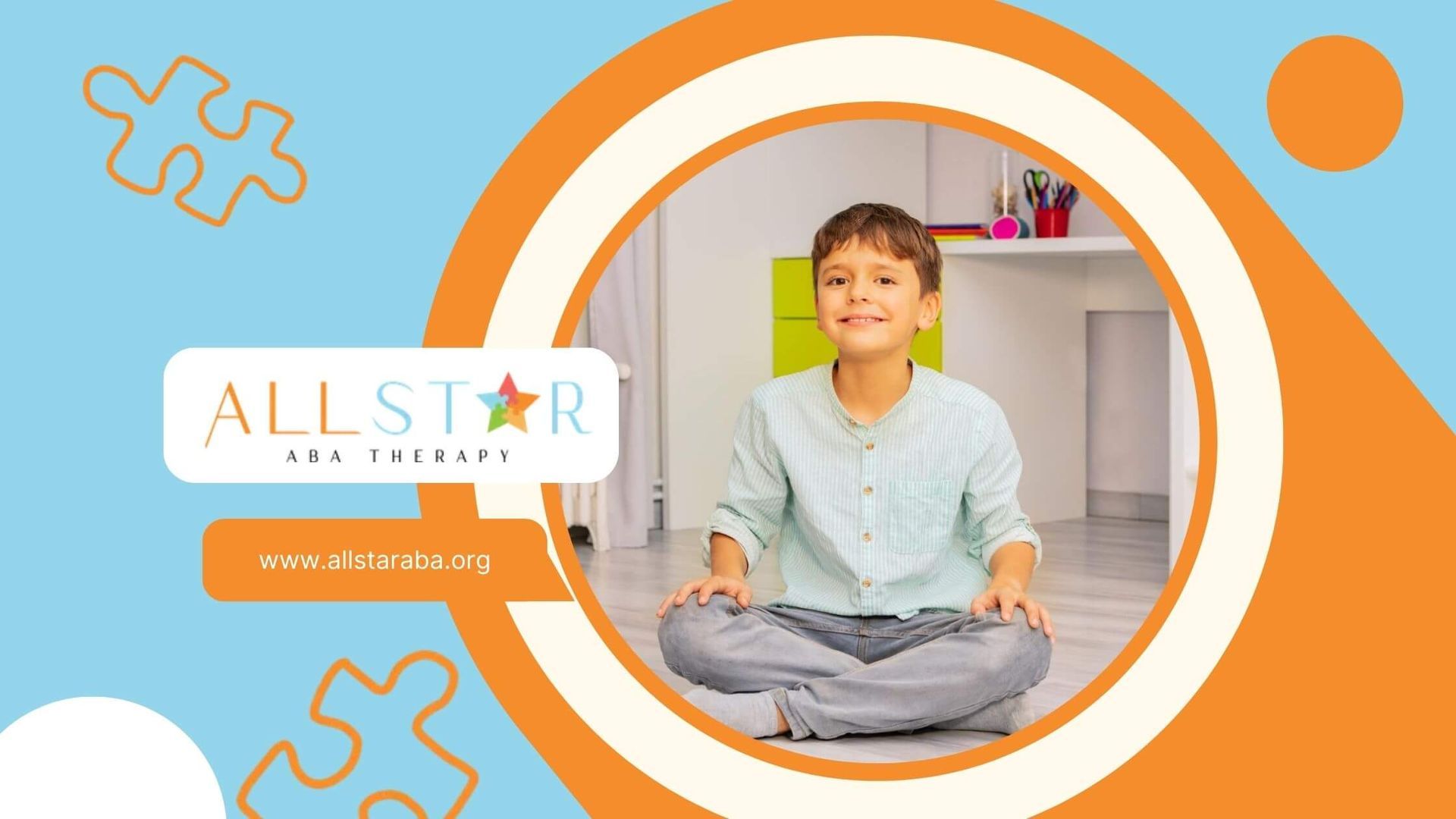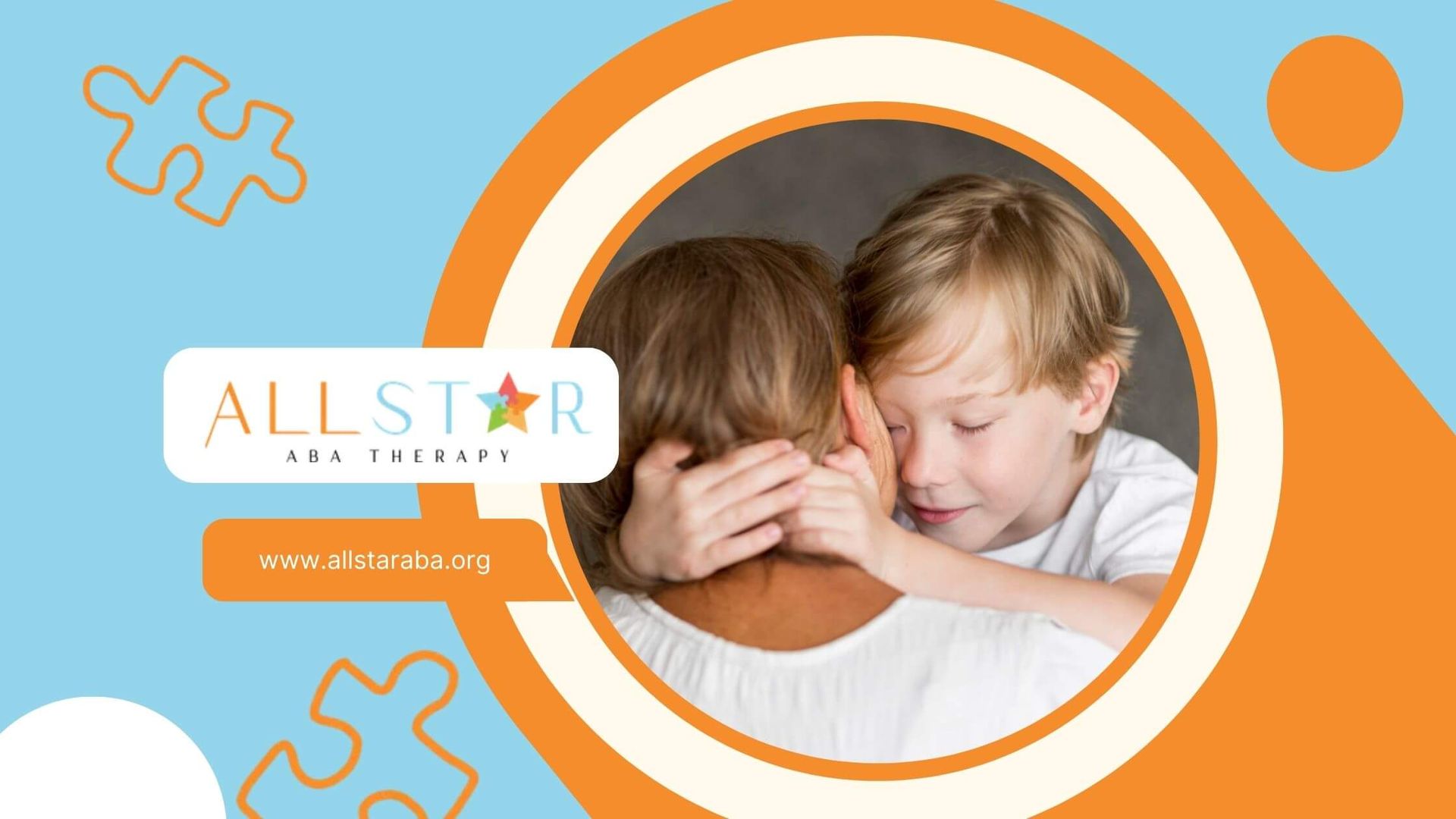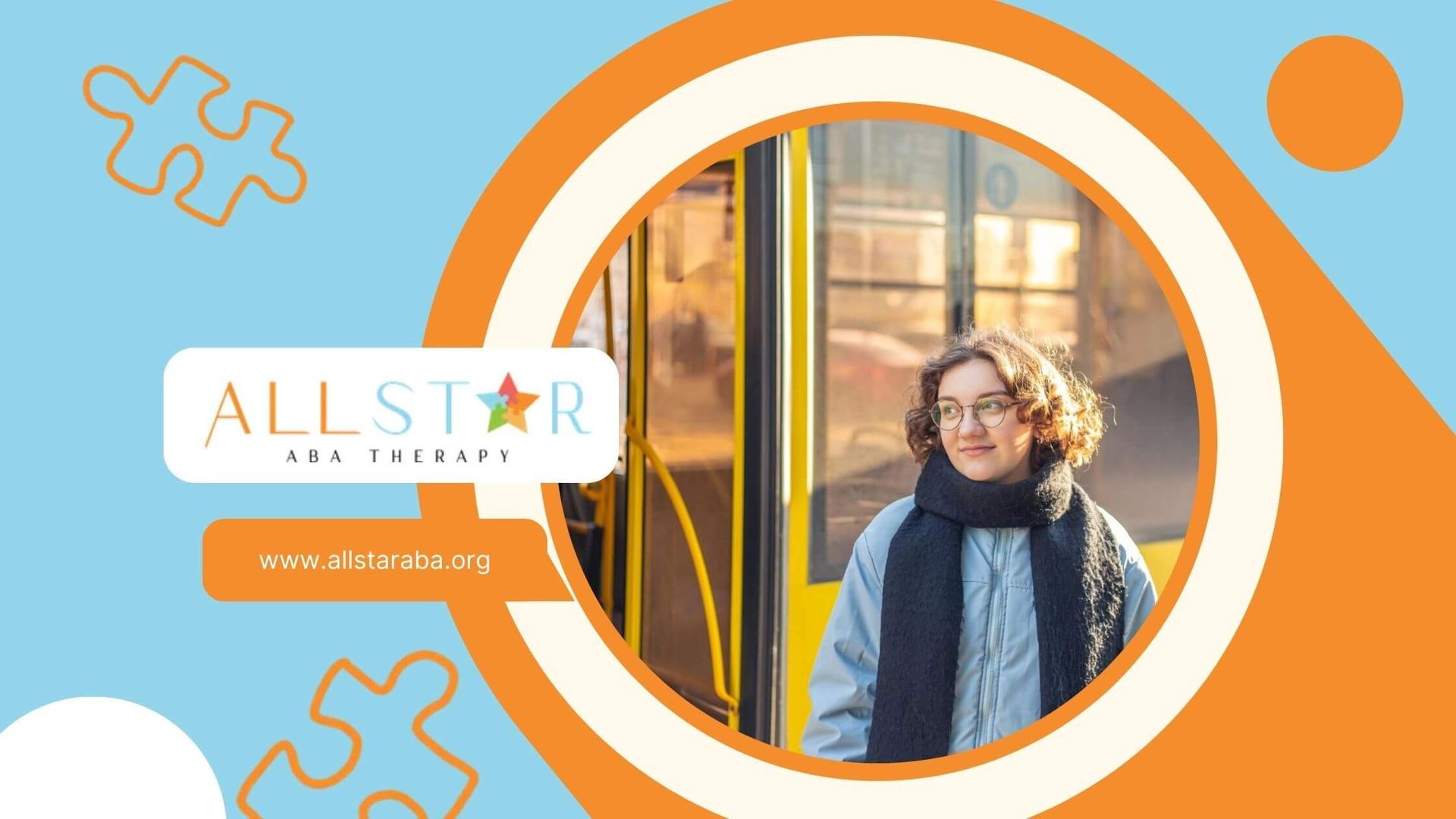New Paragraph
The Lifelong Journey of Living with Autism
Yes, autism is a lifelong condition. Autism Spectrum Disorder (ASD) is a neurodevelopmental difference that typically shows up in early childhood and continues throughout a person’s life.
It affects how someone communicates, interacts socially, and processes the world around them.
While traits and support needs can shift over time, autism itself doesn’t go away.
Understanding the Nature of Autism Spectrum Disorder
Some children who are diagnosed with autism may improve significantly with therapy and support.
They might learn to manage certain challenges or adapt their behavior — but that doesn’t mean they’re no longer autistic. They’ve simply developed skills to navigate life in their own way.
It’s important to remember that autism exists on a spectrum. Every autistic person is different. Some may need ongoing, daily support, while others might live independently, hold jobs, and have families.
But in both cases, autism is still part of who they are.
Growing Up with Autism
As autistic children grow into teens and adults, their experiences may change. Social expectations become more complex, and new challenges may arise in education, work, or relationships.
Some may face mental health struggles like anxiety or depression, especially if they’ve spent years trying to mask their differences to fit in.
However, many autistic adults also gain a stronger understanding of themselves. With the right environment, they can thrive — building careers, friendships, and lives that suit their strengths.
Support doesn’t end with childhood. Lifelong tools, accommodations, and understanding from others are key to helping autistic individuals lead fulfilling lives on their own terms.
Bottom line: Autism doesn’t disappear with age. It’s a lifelong condition — but with acceptance, support, and the right opportunities, autistic people can succeed and thrive at every stage of life.
Need Support?
We're Here to Help!
Our experienced team is ready to assist you. Reach out today to discuss how we can support your child's development and well-being.
Get started with expert ABA therapy today.



